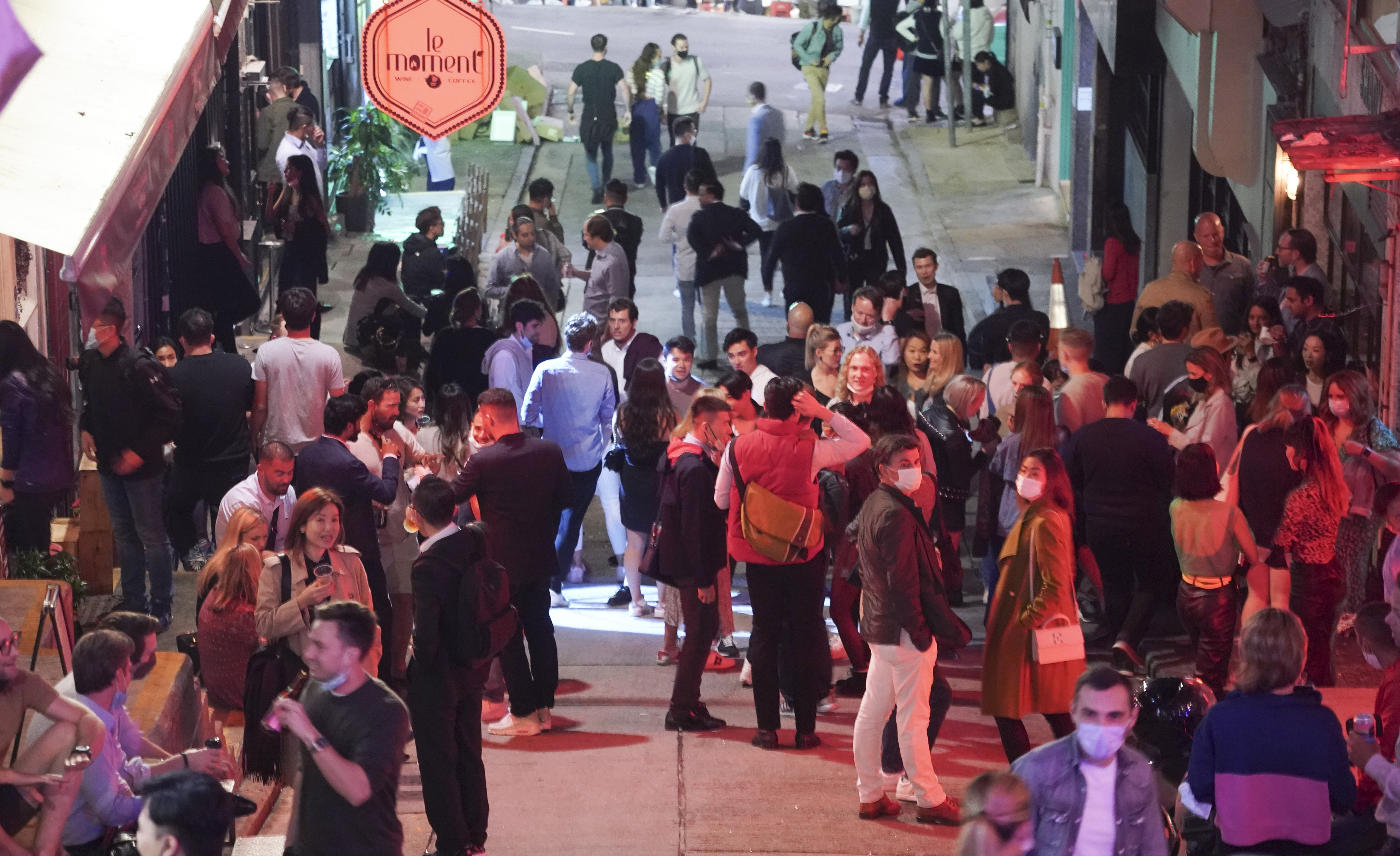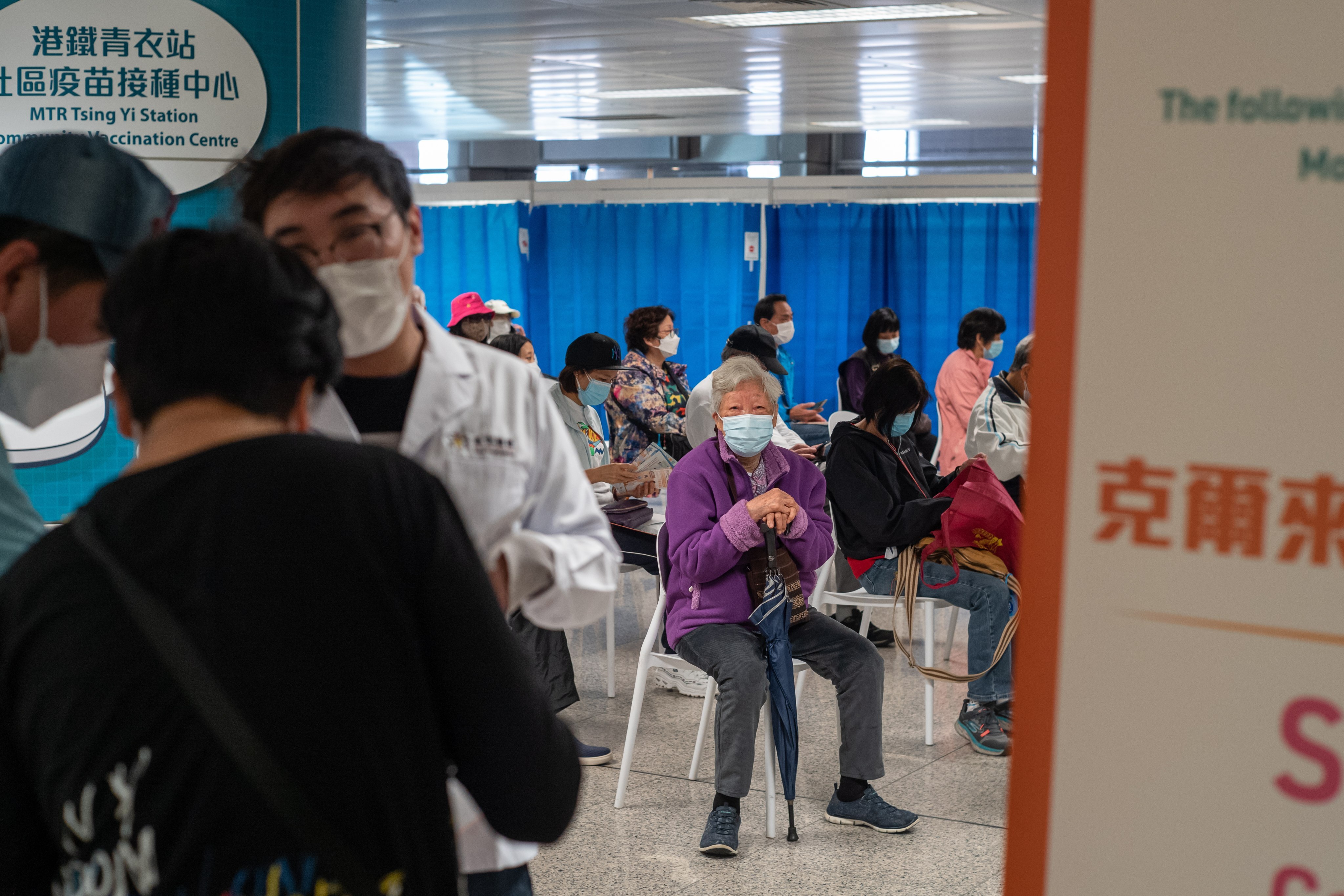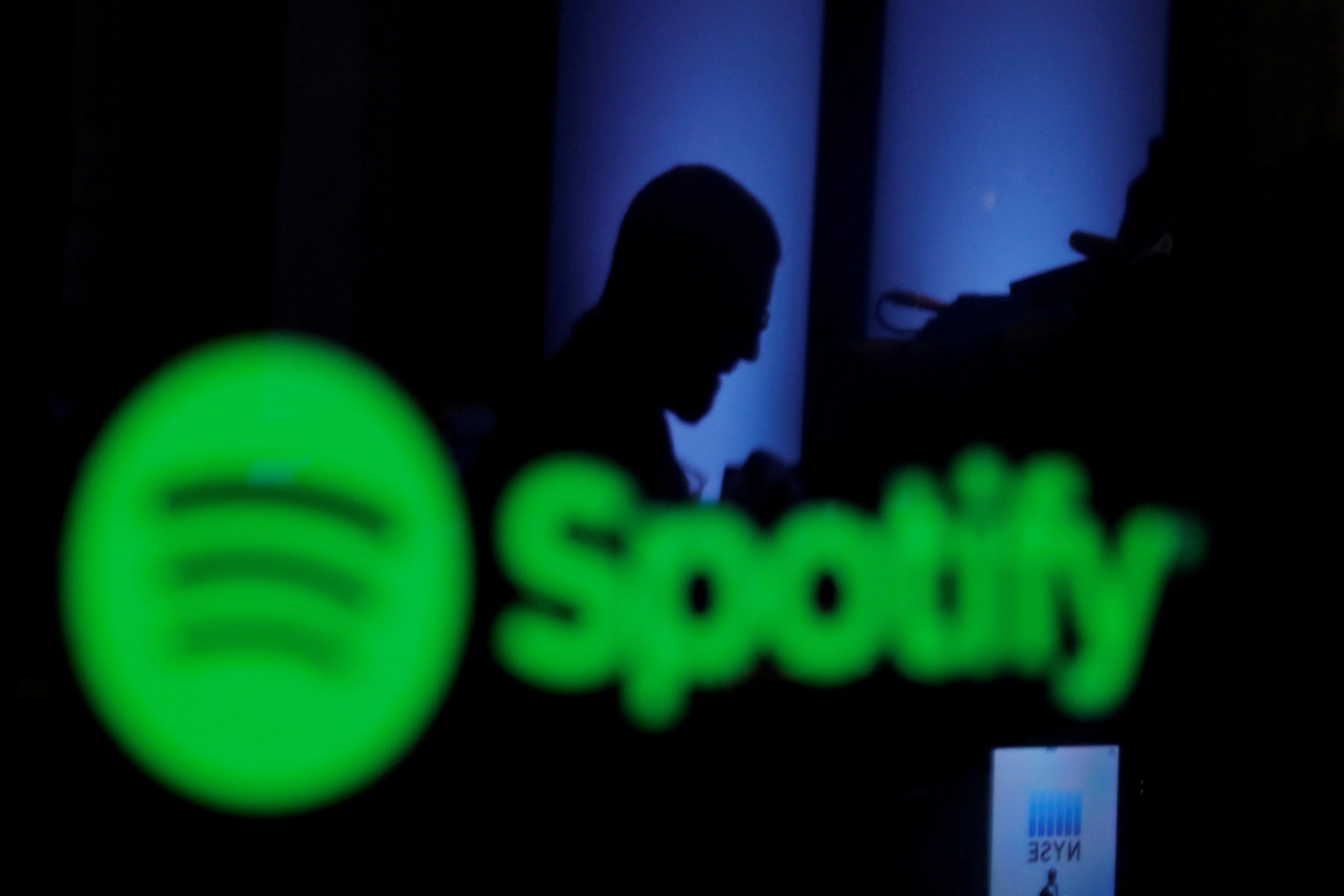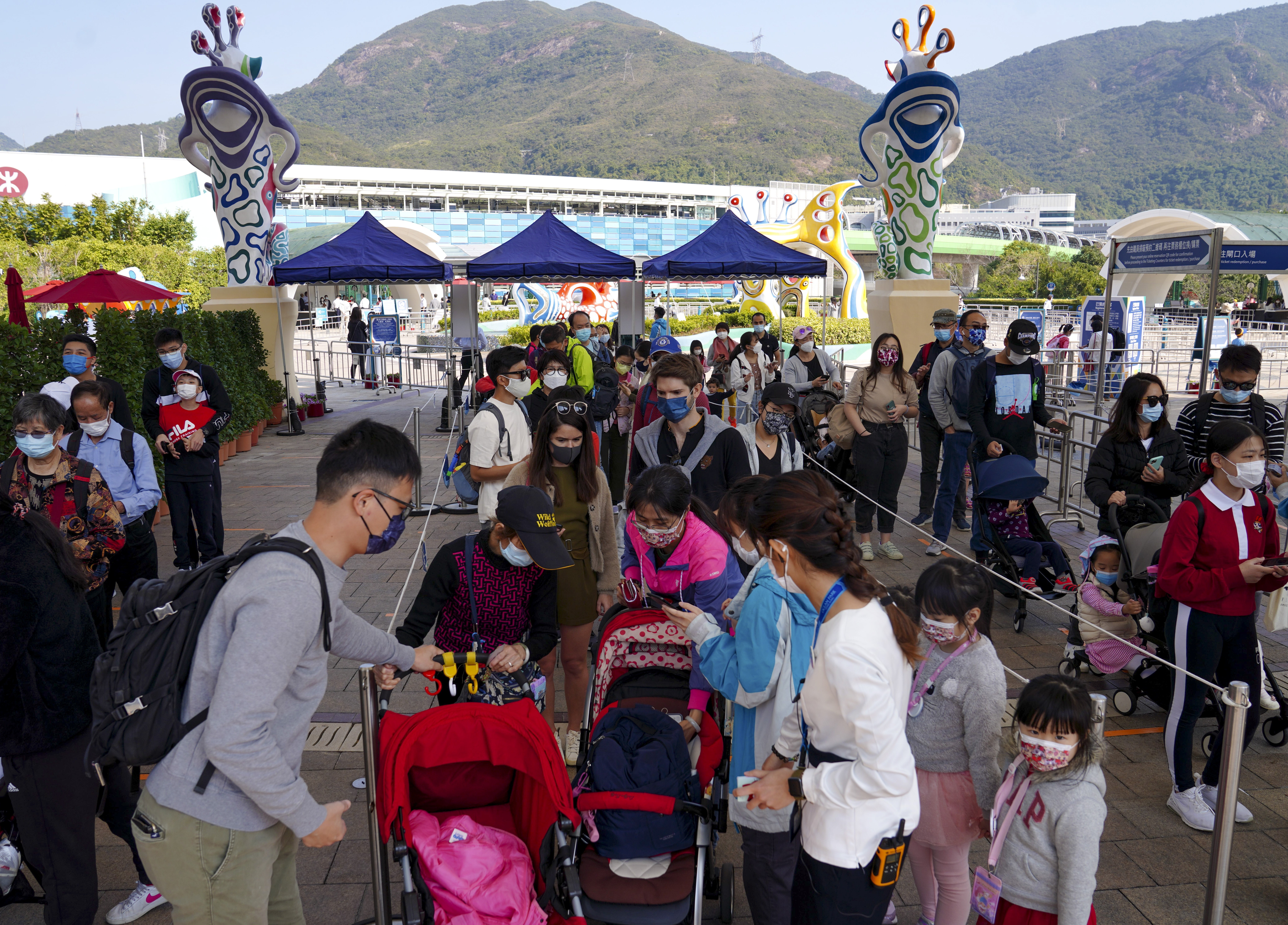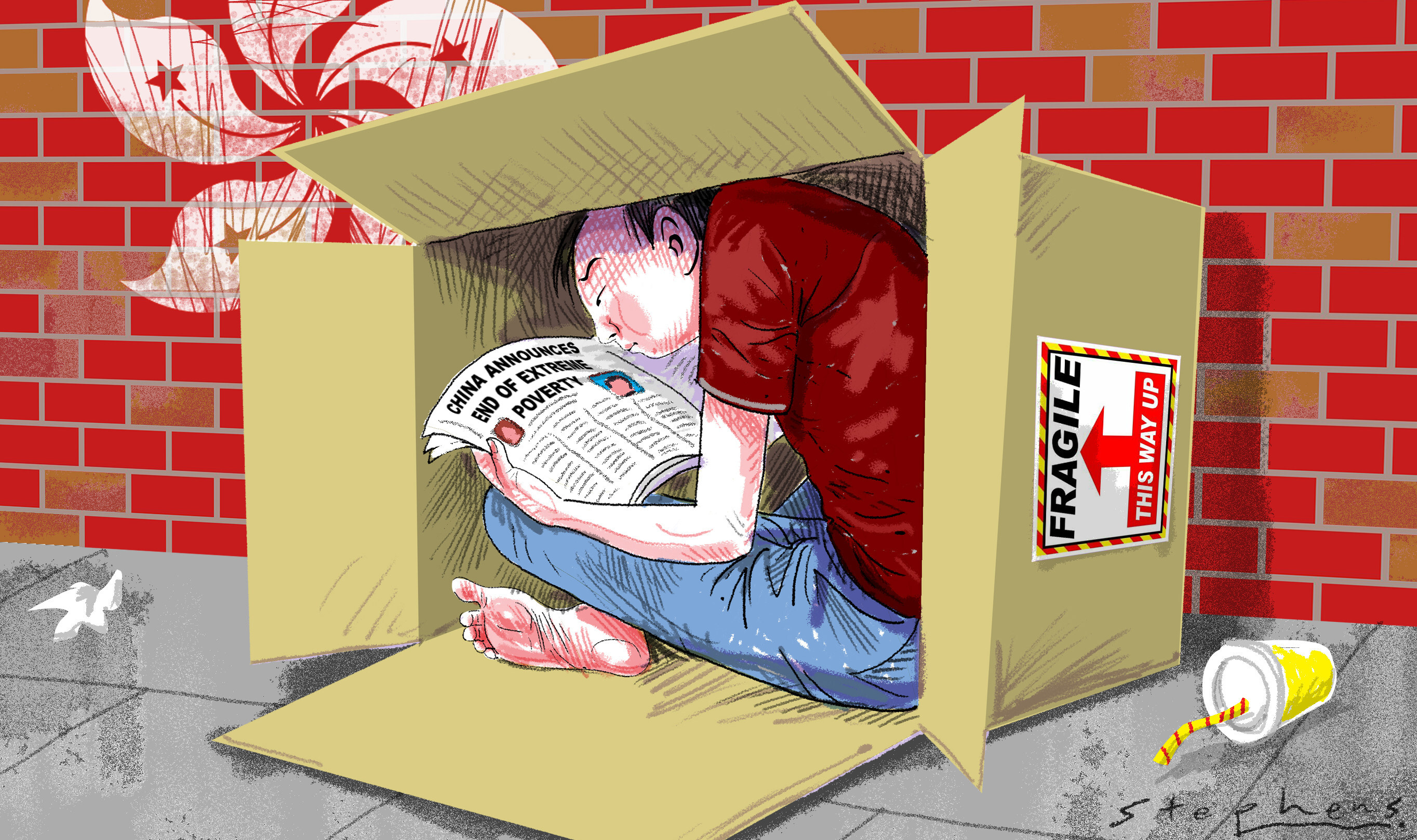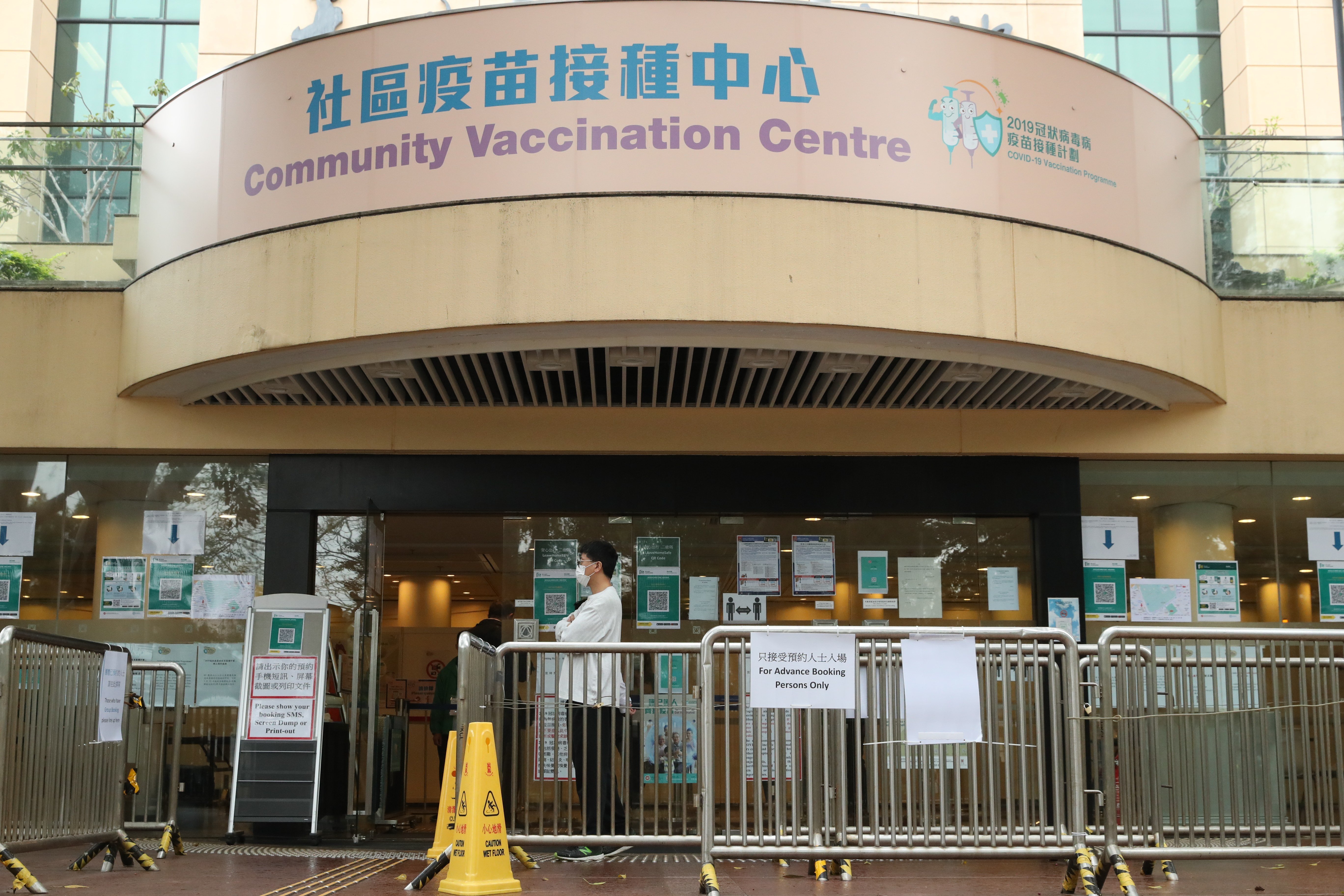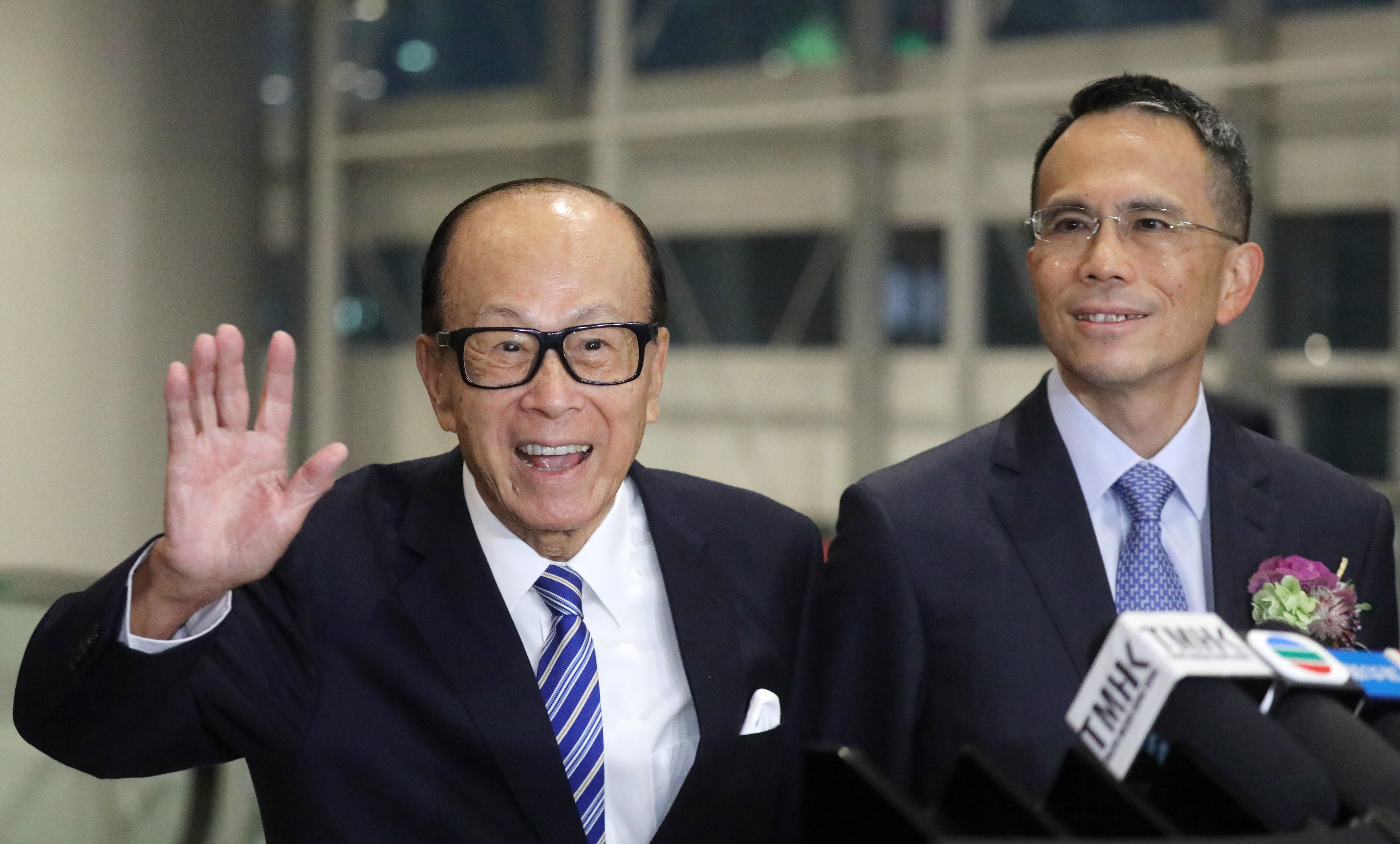Advertisement
Advertisement

Edward Pinkney
Edward Pinkney is a programme officer at the Faculty of Social Sciences at the University of Hong Kong, working primarily on mental health and poverty related projects. He received a Masters of Public Health from HKU in 2015, and previously worked in the UK in the charity sector, coordinating mental health campaigns in schools and universities. He is a Fellow of the Royal Society for Public Health, and has recently had research published on the subjects of inequalities and public health marketing.
Edward Pinkney is a programme officer at the Faculty of Social Sciences at the University of Hong Kong, working primarily on mental health and poverty related projects. He received a Masters of Public Health from HKU in 2015, and previously worked in the UK in the charity sector, coordinating mental health campaigns in schools and universities. He is a Fellow of the Royal Society for Public Health, and has recently had research published on the subjects of inequalities and public health marketing.
Languages Spoken:
EnglishThe city’s experts in virology and infectious disease are well-versed in their fields, but they alone can’t offer perspective on mental health and human psychology or weigh potential consequences of public health policies.
Some doctors who had been vaccinated were reluctant to tell patients to get jabbed due to concerns about possible side effects, a 2021 study shows. Authorities must assure them that, within guidelines, it is safe to advise patients accordingly.
Scientists and health care workers are calling on platforms to do more to combat abuse and misinformation as the pandemic enters its third year. While there are genuine concerns, we must take care to preserve the discourse and not quash people’s passion and engagement.
Discussions of vaccines focus on incentives, which are meant to get people to do something that does not benefit them. Instead, authorities should make it clear that the vaccinated pose little risk to society and face no further infringement of liberties.
Advertisement
